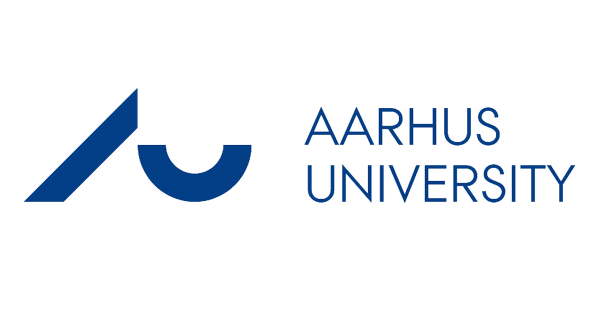2.5 Year Post-Doc Department of Political Science, Aarhus BSS, Aarhus University
The Department of Political Science, Aarhus BSS, Aarhus University, invites applications for a postdoctoral position offering applicants the opportunity to join the research project “Exemplar Democracy (EXDEM) – Psychological Biases and the Impact of Exemplars on Factual Perceptions and Attributions of Government Responsibility”. The project is led by Associate Professor Lene Aarøe and funded by the Independent Research Fund Denmark.
The postdoctoral position is a full-time fixed-term position for 2.5 years starting on 1 March 2022 or as soon as possible hereafter subject to mutual agreement.
The research project
When reporting about social problems, the media typically use exemplars, i.e., the narrative of a specific person who is personally affected by the issue. In different lines of research, this type of media reporting is also referred to as “human interest frames”, “case reports” and “episodic frames”. While these lines of research use different terminologies, they all emphasize that exposure to exemplars can create an extreme perspective that triggers (1) factual misperceptions in the mass public and (2) biases people’s democratic responsibility attributions of whether the government or the individual is to blame for the problem. The EXDEM project seeks to understand why some types of media exemplars are so powerful in shaping factual misperceptions and responsibility attributions in the mass public, while others are uninfluential. Second, the project seeks to advance knowledge about how the effects of powerful but unrepresentative exemplars can be corrected to combat misinformation in the mass public.
The EXDEM project is theoretically ambitious and will develop a new interdisciplinary theory integrating insights from psychology, communication, cognitive science, and political science to answer the research questions. In doing so the project advances scientific knowledge about the consequences of media exposure as well as the sources of misinformation and biased democratic responsibility attributions in the mass public and develops new best practice guidelines for how to mitigate them. Examples of relevant sources of theoretical inspiration include (but are certainly not limited to) research on cognitive biases and heuristics, emotions, interpersonal communication, and identity.
Methodologically, the project implements a unique cross-national research design combining different types of survey experiments with analyses of people’s real-world reactions to real-world media tweets. The project will develop and implement a series of parallel experiments in the United States, France, and Denmark to study the research questions. Data collection in an additional country can be added to the project depending on the applicant’s empirical interests and background knowledge. The full project description is available upon request.
Job description
The postdoctoral researcher will be employed as part of the EXDEM project team and is expected to engage in collaborative research with Associate Professor Lene Aarøe and other project team members (from Aarhus and beyond). We expect the postdoc to take a leading role in developing, designing, and coordinating studies in one or more countries within the project, to conduct high-quality research within the context of the EXDEM project, and to contribute to publications in top outlets.
Research will primarily be carried out in collaboration with other project members, but there will be some opportunities to pursue independent work within the overall focus of the project. The project offers significant funding for data collection, research assistants, travel, and workshops.
In addition to the outlined research tasks, the position implies modest teaching obligations equivalent to one course per year. If an applicant is interested, a one-year further extension in return for additional teaching might be negotiable, depending on the applicant’s prior teaching experience and the Department’s need for teaching capacity in the relevant years. The Head of Department will decide on any such extension no later than one year after employment. Interested applicants are thus encouraged to describe their potential contributions to teaching obligations in the Department’s BA or MA programs. Salary is according to the Danish pay schedule.
Your qualifications
Applicants are expected to hold – or be close to completing – a PhD in relevant areas in political science, political/social/evolutionary psychology, communication, or cognitive science. In addition to a keen interest in conducting collaborative research in the EXDEM project, the successful candidate must demonstrate ambition and ability to produce high-quality research.
We expect applicants to have strong quantitative skills and excellent command of statistical programming languages (e.g., STATA or R), experience with or a strong interest in experimental designs and a willingness to acquire new methodological skills. Some experience with social media research or automated content analyses is an additional asset but not required. Applicants are expected to have an excellent command of spoken and written English.
Interested applicants should submit an application letter motivating why they are interested in being part of the EXDEM project and how they can contribute to the success of the project, outlining potential ideas for research relevant to the focus of the project (2-3 pages). Selected candidates will be asked to come for an interview and present research ideas.
See the full advert here.



